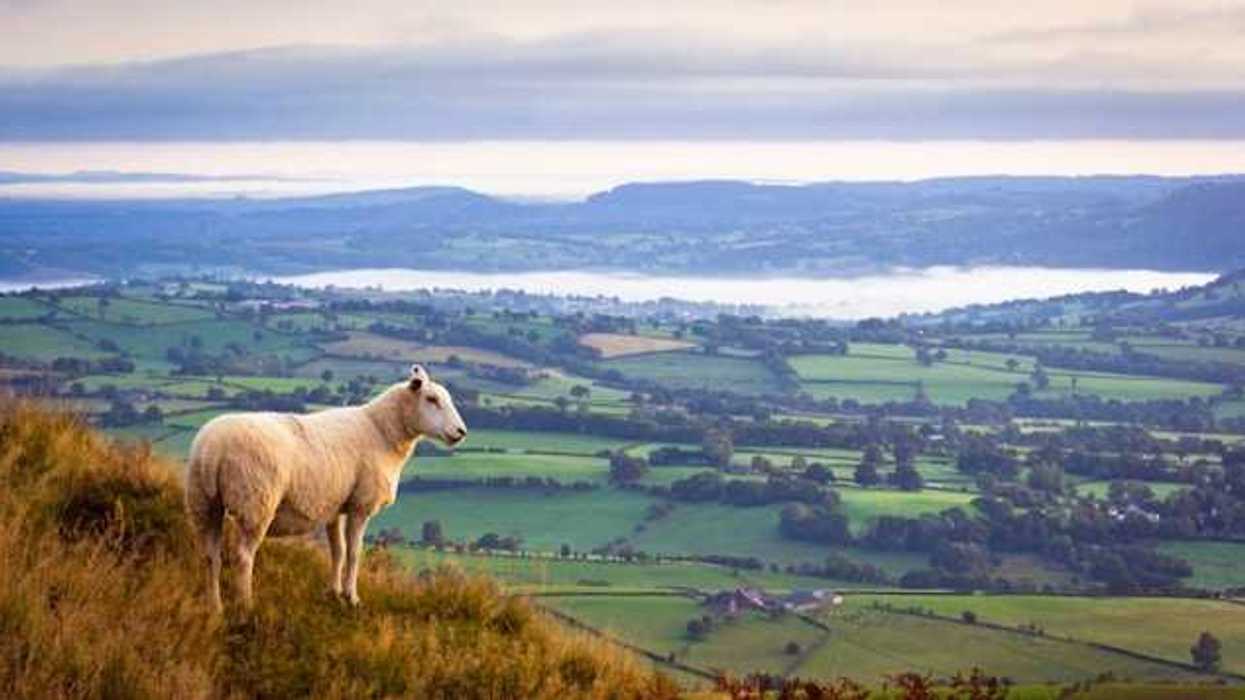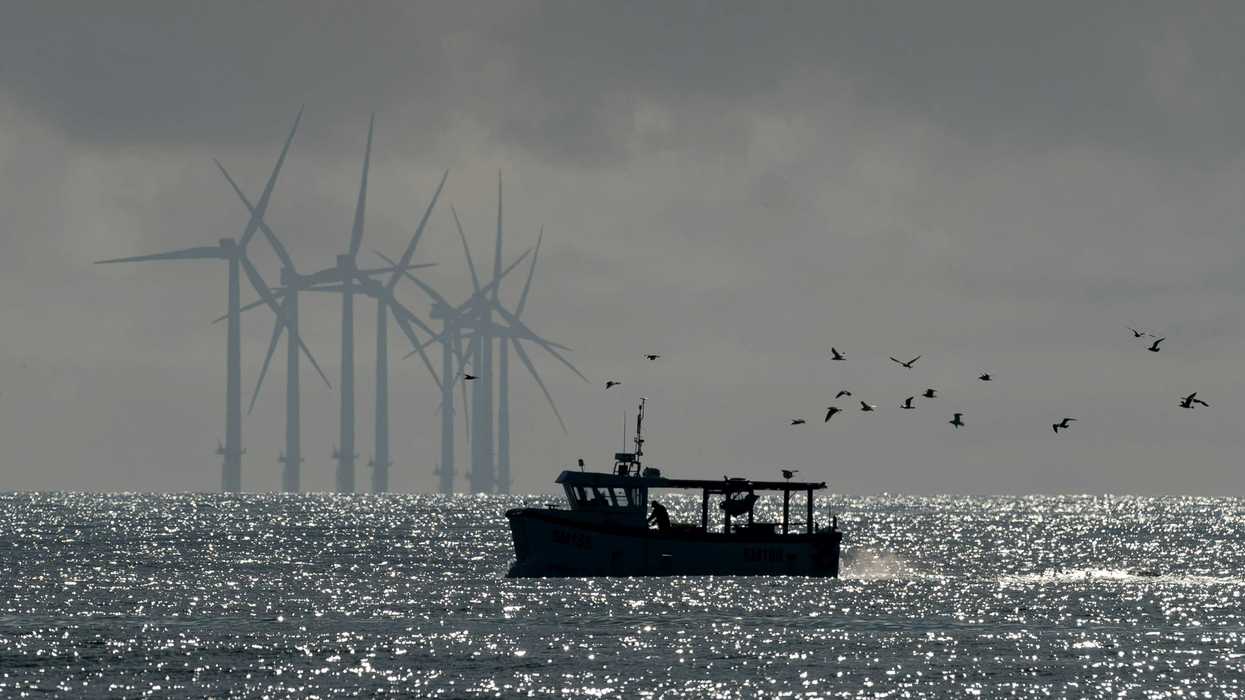Senate and House Republicans floated the idea of selling federal lands to fund President Trump’s budget bill, drawing sharp criticism from Democrats, outdoor groups, and even some GOP lawmakers.
Garrett Downs reports for E&E News.
In short:
- The GOP is considering selling federally owned land near national parks and cities to offset costs in a multitrillion-dollar reconciliation bill focused on energy, taxes, and immigration.
- Critics, including New Mexico Democratic Sen. Martin Heinrich and groups like the Wilderness Society and Patagonia, warn that selling public land jeopardizes outdoor access and the recreation economy.
- Some Republicans, including Sen. Steve Daines of Montana, oppose broad land sales, though others suggested limited housing-related transfers might be on the table.
Key quote:
“Priceless public lands are not assets on a balance sheet. They support the $1.2 trillion outdoor recreation industry and five million jobs. Once they’re developed, they’re gone.”
— Ryan Gellert, CEO of Patagonia
Why this matters:
From national parks and forests to vast stretches of Bureau of Land Management territory, public lands — roughly 640 million acres — are held in trust for all Americans, with the federal government managing nearly one-third of the U.S. landscape, predominantly across the Western states. Beyond their postcard-worthy views, public lands are living infrastructure: They clean the air, store carbon, protect watersheds, and offer vital habitat to thousands of species. They’re also economic engines, fueling multibillion-dollar recreation and tourism sectors that support rural communities and small businesses. As extreme weather reshapes ecosystems, the idea of converting undeveloped land into private property is drawing fierce opposition. In a warming world, advocates argue, keeping land public may be less about scenic preservation and more about resilience, survival, and responsibility.
Related: Oil and gas leases in Arctic refuge back on track after court ruling













